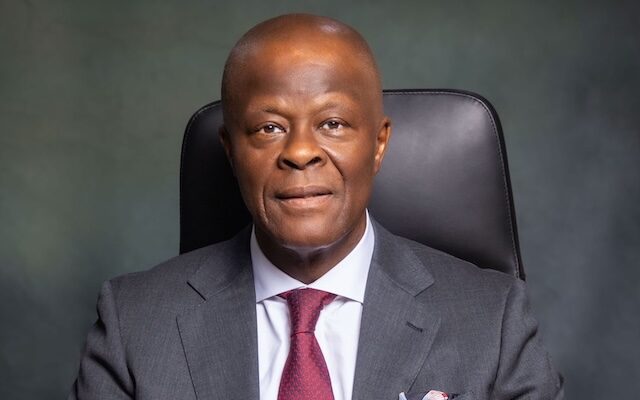Nigeria’s worst economic phase is over – Wale Edun
Nigeria has triumphed over its toughest economic phase, and is now steadily walking the path of recovery, with the most challenging stage of attaining growth now confined to the past, Minister of Finance and Coordinating Minister of the Economy Wale Edun said on Monday.
President Bola Tinubu’s approach to economic development by means of radical and holistic reforms has enabled that, with stability now assured, following years of fiscal distress, Mr Edun disclosed in a statement titled: “Nigeria Turns Towards Prosperity,” published on X.
“I believe the most difficult phase of our economic journey is behind us. Nigeria has turned a decisive corner,” the minister remarked in the piece.
“The road ahead will demand hard work and discipline, but we are firmly on the right path.”
Mr Edun recalled that when President Tinubu assumed office in 2023, the economy was battling an existential crisis, hit by slow growth, hyperinflation as well as headwinds from costly petrol subsidies and multiple exchange rate regimes that were keeping investors at bay.
He said that the administration’s early decisions in ending subsidy spending and unifying exchange rates were difficult but crucial to restoring stability and attracting private investment.
Two years on, the outcomes of those choices are noticeable at the macro level, he pointed out, drawing attention to the 4.2 per cent GDP growth rate recorded in the second quarter, inflation currently at 18 per cent after six months of decline and the foreign reserves’ jump to a peak of $43 billion since 2019 as obvious wins.
Mr Edun, nevertheless, acknowledged that for most citizens, progress is measured not by data but by the price of food and transport.
“Food inflation has been our heaviest burden,” he admitted, adding that targeted measures are beginning to ease pressure.
“A bag of rice that cost about N120,000 last year now averages around N80,000.”
According to him, 8.1 million households have received direct cash transfers to cushion the impact of tough reforms, and efforts under way to reach 15 million in all once identity verification challenges are resolved.
Building growth and confidence
The minister said the government is focusing on real sectors, comprising oil and gas, agriculture, manufacturing, technology and mining to create jobs and expand exports.
He cited a rebound in crude production to 1.7 million barrels per day, progress on refinery projects and projects such as the Ajaokuta–Kaduna–Kano gas pipeline and Project Bridge’s 90,000 km fibre expansion as evidence of the momentum in growth.
READ ALSO: NHRC offers to lead talks on religious freedom in Nigeria
“The clearest sign that Nigeria is on the right path is the return of confidence. But confidence is fragile. Sustaining it demands a predictable policy environment, disciplined fiscal management, and steady progress in reducing inflation.”
Nigeria is pursuing a 7 per cent growth by 2027/2028 as part of its medium-term goals, with the anticipation that the private sector and citizens will play a big role.

